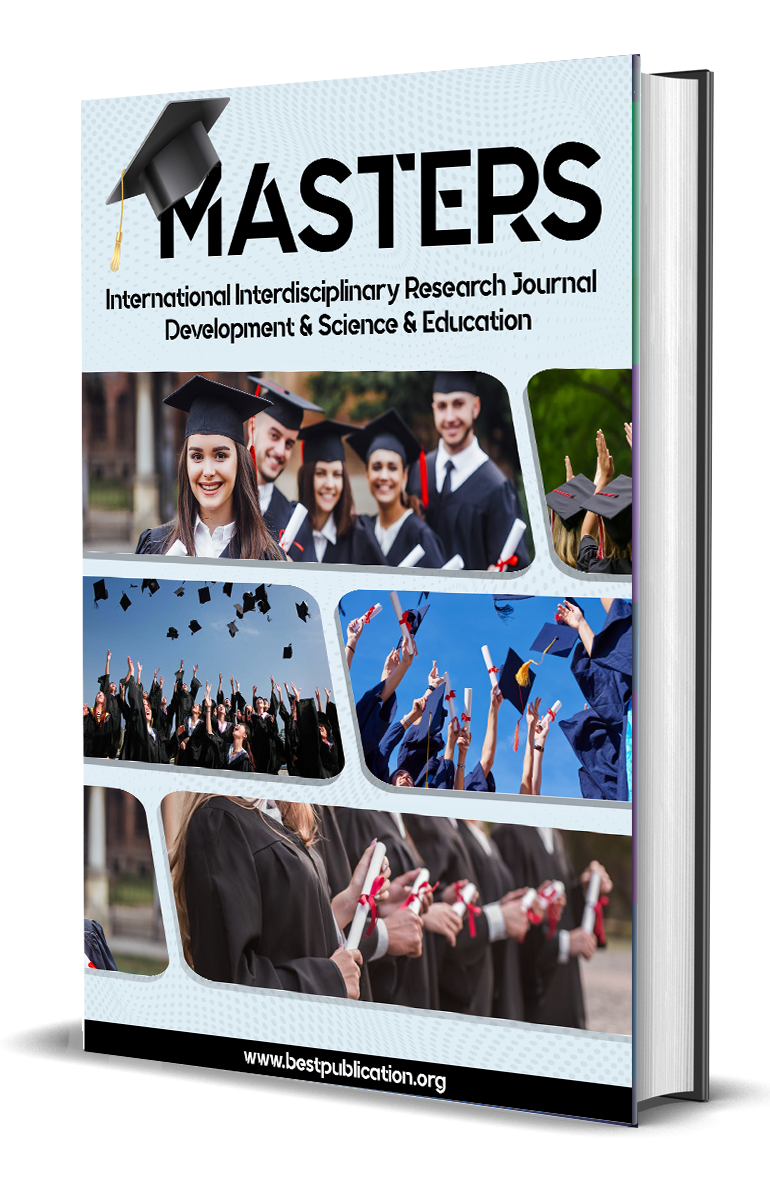THE ROLE OF PHILOLOGY IN LEARNING FOREIGN LANGUAGES
Keywords:
Philology, foreign language learning, etymology, historical linguistics, grammar, cultural competence, Uzbek philologistsAbstract
This article explores the significance of philology in the process of learning foreign languages. While modern language teaching methods often prioritize communicative skills, philological approaches provide deeper insights into language structure, etymology, and historical development. These aspects can contribute to stronger linguistic competence and cultural understanding among learners. The integration of philological analysis, including etymology, comparative grammar, and textual interpretation, enables students to grasp the roots of language and better understand its use in context.
References
1. Rakhmatullaev, Sh. (2005). O‘zbek tilining tarixiy grammatikasi. Tashkent: Fan.
2. Madvaliev, A. (2008). Turk tillari va o‘zbek tili grammatikasining qiyosiy tahlili. Tashkent: TDPU.
3. Jo‘raev, N. (2012). Tilshunoslik asoslari. Tashkent: O‘zbekiston Milliy Ensiklopediyasi.
4. Robins, R.H. (1997). A Short History of Linguistics. London: Longman.
5. Crystal, D. (2003). The Cambridge Encyclopedia of the English Language. Cambridge University Press.
6. Saeed, J. I. (2016). Semantics (4th ed.). Wiley-Blackwell.
7. Khan, M. A. (2018). "Philology and Language Learning: A Historical Perspective." Journal of Language and Education, 4(2), 55-60.
8. Online Etymology Dictionary. (n.d.). Retrieved from https://www.etymonline.com
9. Rozikova, Z. (2023, December). METHODOLOGY OF USING LANGUAGE LEARNING APPLICATIONS IN KINDERGARTEN. In Fergana state university conference (pp. 131-131).
10. Rozikova, Z. (2024). CASE IN ENGLISH AND GERMAN LANGUAGES. Mental Enlightenment Scientific-Methodological Journal, 5(07), 187-195.
11. Sultanbayeva, I. B. Q., & Rozikova, Z. (2024). WOMEN WRITERS IN ENGLISH LITERATURE. Academic research in educational sciences, 5(CSPU Conference 1 Part 2), 268-270.
12. Rozikova, Z. T. Q., & Akbarova, S. H. (2024). ISSUES OF TEACHING ENGLISH TO YOUNG CHILDREN. Academic research in educational sciences, 5(CSPU Conference 1 Part 1), 43-46.
13. Rozikova, Z. T. (2023). THE CURRICULUM OF PRESCHOOL EDUCATION IN FOREIGN COUNTRIES. Universiteti" XXI asr tarjimashunosligining lingvomadaniy masalalari" xalqaro ilmiy-nazariy anjuman to'plami, 137-139.
14. Akbarova, S. K. (2021). THE USE OF COMMUNICATIVE METHODS IN TEACHING ENGLISH. Thematics Journal of English Language Teaching, 5(1), 60-70.




